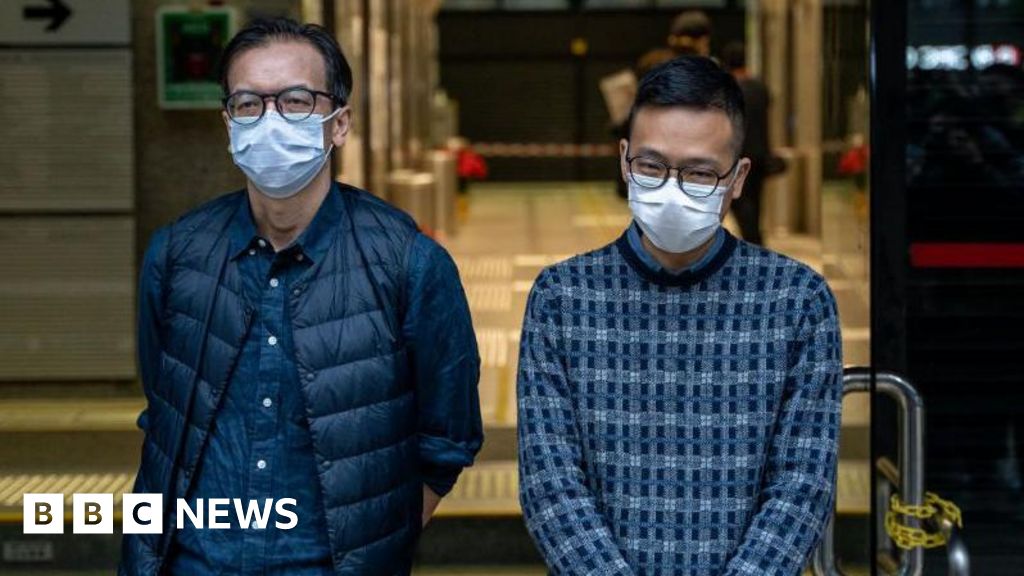Get the Editor’s Digest for Free
Roula Khalaf, editor of the Financial Times, picks her favourite stories for this weekly newsletter.
Narendra Modi is set to hold formal talks with President Vladimir Putin in Russia on Tuesday as the Indian prime minister seeks to bolster ties and allay concerns about Moscow’s pivot toward China.
Putin welcomed Modi on Monday to his residence in the Novo-Ogaryovo suburb outside Moscow, where the two men held informal talks over tea and a stroll in the park. More formal negotiations are expected on Tuesday.
Modi hailed the two-day visit as a “great opportunity to deepen relations” in a post on social media platform X, adding that it “will certainly go a long way in cementing the bonds of friendship between India and Russia.”
Ukrainian President Volodymyr Zelensky criticized Modi’s visit, calling it a “huge disappointment.”
“It is a great disappointment and a devastating blow to peace efforts to see the leader of the world’s largest democracy embrace the world’s most murderous criminal in Moscow,” Zelensky wrote on Twitter. He said Tuesday morning that Russian shelling that hit a children’s hospital in Kyiv and vital civilian infrastructure elsewhere on Monday had killed at least 38 people, including four children, and wounded 190 others.
This is Modi’s first visit since Russia invaded Ukraine in 2022. Russia is seeking to rally countries like India behind Putin’s vision of a Moscow-led “global majority” to challenge US hegemony.
On the other hand, India has avoided taking a pro- or anti-war stance in an attempt to protect its decades-old relationship with Russia, its largest arms supplier and an important source of cheap oil since the conflict began.
Kremlin spokesman Dmitry Peskov said Western countries were “jealous… and with good reason” that Modi had chosen Russia for his first bilateral visit after India’s election, in which Modi won a third five-year term last month.
India-Russia relations have become particularly important for New Delhi as Western sanctions designed to isolate Russia have pushed Moscow closer to China. Beijing has offered Moscow an economic lifeline, boosting bilateral trade to record levels and becoming a key supplier of Western-made components for Russia that can be used on the battlefield.
“India wants to give Russia room to maneuver,” says Alexander Gabuev, director of the Carnegie Russia and Eurasia Center in Berlin. “India may not have the tools to pull Russia away from China, but it wants to give it as many opportunities as possible to prevent it from putting all its eggs in the Chinese basket.”
India is also locked in a standoff with China along its disputed Himalayan border and sees Russia’s neutrality as vital to national security, officials said. “China is the main challenge,” said Pankaj Saran, a former Indian ambassador to Russia. “We can’t really afford anything that turns a friend into an enemy.”
Trade between India and Russia has surged to more than $65 billion since Russia’s full-scale invasion, largely due to a sharp increase in discounted oil purchases. Russian crude accounted for 43 percent of India’s oil imports in June, according to data provider Vortexa, making it the second-largest buyer after China.
This has led to a severe trade imbalance. India’s foreign minister Vinay Mohan Kwatra told reporters ahead of Modi’s visit that New Delhi wants to increase agricultural and pharmaceutical exports to Russia.
Sanctions have also complicated Moscow’s ability to repatriate oil revenues because of the rupee’s poor convertibility. The U.S. crackdown has prompted banks to sharply cut back on dealings with Russian counterparties, limiting their access to certain currencies and forcing traders to trade in rubles or even barter for commodities, according to financiers involved in the trade.
The United States and the European Union have also intensified their efforts to target the fleet that transports Russian oil, making buyers like India vulnerable to potential future sanctions.
“Global banks will be reluctant to handle any transactions that could expose them to US enforcement action,” said Benjamin Hilgenstock of the Kyiv Institute of Economics. “The expanded tanker classification campaign could become a problem for Indian buyers.”
He added that India and Russia are trying to boost local payment systems for trade, but doing so on a large scale will be difficult due to limited capacity, as well as the challenge of exchanging rubles and rupees for dollars and euros.
Some analysts said Modi’s visit obscured the fact that India is increasingly betting its future on economic and military cooperation with the West.
Russia’s share of India’s arms imports fell to its lowest level in nearly 60 years between 2019 and 2023, according to data from the Stockholm International Peace Research Institute, as India sought more advanced military technology from countries including the United States and Israel.
Modi will also raise concerns about dozens of his citizens who were unwittingly recruited into the Russian military to fight in Ukraine, Kwatra said.
Moscow’s growing reliance on Chinese arms supplies has created another concern for India, said Gabuev of the Carnegie Center, because of concerns that Moscow cannot maintain weapons systems or sell new weapons without supplies of components from China.
“The bulk of the relationship is built on very shaky foundations,” said Pramit Pal Chowdhury, head of South Asia at Eurasia Group, a consultancy. “I would argue that this is a calculated decline.”
Additional reporting by Christopher Miller in Lviv and Isobel Koshiw in Kyiv

“Unapologetic tv specialist. Hardcore zombie trailblazer. Infuriatingly humble problem solver.”








More Stories
Stand News editors convicted in sedition case
Latest Baysail sinking: Mike Lynch’s wife ‘didn’t want to leave boat without family’ as crew investigated
WFP halts Gaza operations after repeated shooting at aid vehicle